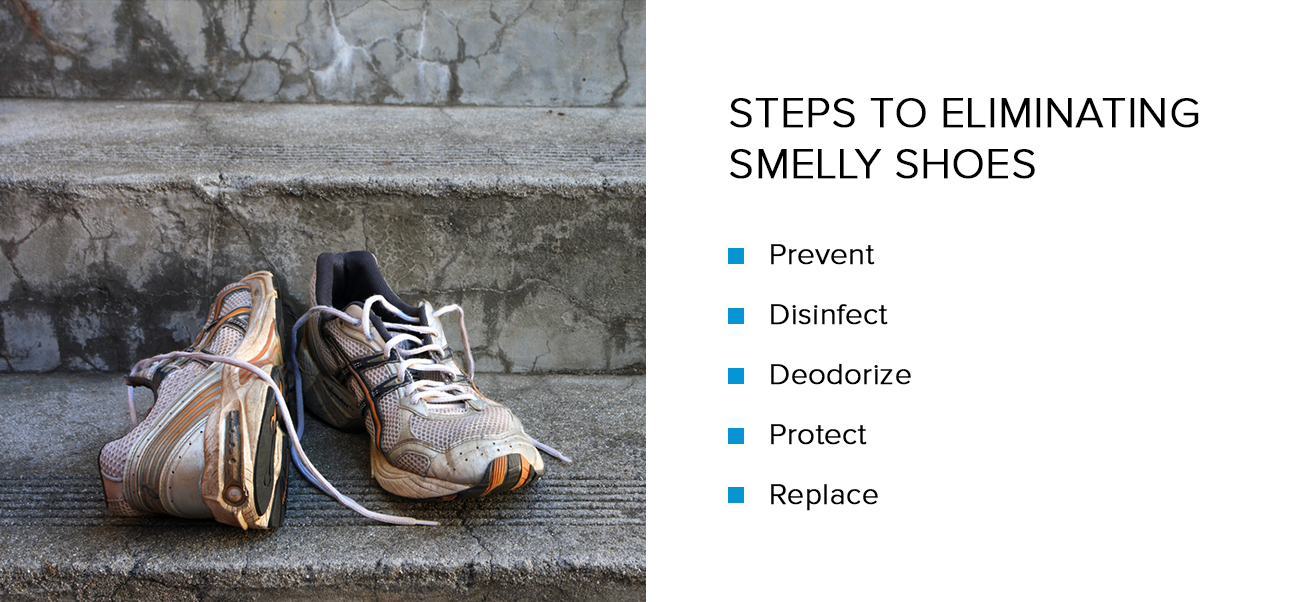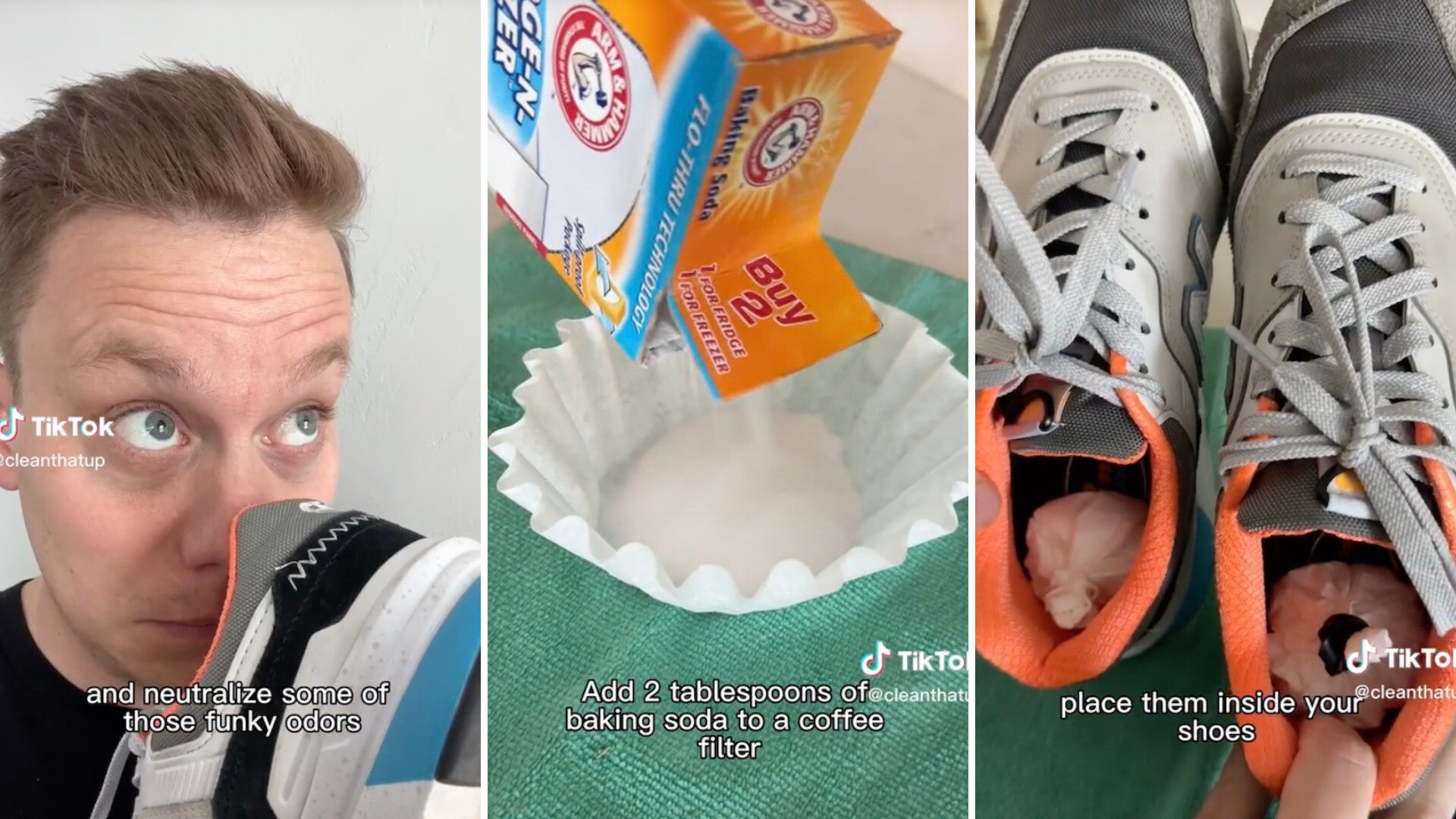Are you tired of dealing with smelly shoes? You’re not alone! Many shoe enthusiasts, fashion lovers, and professionals face this common problem. Our feet can be a bit of a mystery, often causing odors that seem impossible to eliminate. In this comprehensive guide, we’ll explore the causes of shoe odor and provide tried-and-true solutions to keep them smelling fresh. Let’s dive right in!
Understanding Why Shoes Develop Bad Odors
To combat shoe odor effectively, it’s crucial to understand how it develops. There are several factors at play:
1. Moisture and Sweat
The primary culprit behind stinky shoes is moisture. Our feet have sweat glands that produce sweat, which can saturate socks and shoes, creating a breeding ground for bacteria and fungi. According to a study published in the Journal of Medical Microbiology, perspiration can lead to the development of unpleasant odors when it interacts with bacteria.
2. Material Matters
The materials used in your shoes can also affect odor retention. Non-breathable synthetic materials can trap sweat, while natural materials like leather or canvas allow for better ventilation. Choosing the right material for your footwear can make a significant difference in odor control.

3. Environmental Factors
Environmental factors such as temperature and humidity can exacerbate the problem. Heat can increase sweat production, while humid conditions help bacteria thrive. For example, if you regularly wear closed-toe shoes in a warm climate, you may find yourself battling odor more frequently.
Top Tips for Keeping Your Shoes Smelling Fresh

Now that we understand the causes of shoe odor, let’s explore practical solutions to keep your shoes smelling fresh.
1. Regularly Clean Your Shoes
Cleaning your shoes is the first step to combating odors. Most shoes can be washed, but always check the care instructions. Here are a few methods:

- Washing Machine: For athletic shoes, place them in a mesh laundry bag and wash them with a gentle detergent on a cold cycle.
- Hand Washing: For leather or delicate shoes, use a mixture of warm water and mild soap. Wipe them down with a cloth and let them air dry.
2. Embrace Baking Soda
Baking soda is a well-known odor absorber. Sprinkle a generous amount inside your shoes and let it sit overnight. In the morning, just shake out the excess. This simple trick can work wonders!

3. Use Foot Powder
Foot powders are specially formulated to absorb moisture and keep your feet dry. Look for products containing talc or cornstarch. For instance, Gold Bond Foot Powder is a popular choice among athletes and casual wearers alike.
4. Consider Essential Oils
Essential oils not only can mask odors but also provide antimicrobial properties. A few drops of tea tree or lavender oil on cotton balls can be placed inside your shoes to help neutralize smells.

5. Rotate Your Shoes
Wearing the same pair of shoes every day can trap moisture and lead to odor. Having multiple pairs allows each pair to air out and dry completely. This simple rotation can extend the lifespan of both your shoes and your scent-free experience.
6. Use Odor-Fighting Insoles
Invest in high-quality insoles designed specifically for odor control. Look for products featuring activated charcoal or antimicrobial treatments. Superfeet and Odor-Eaters are trusted brands known for their effective odor-fighting insoles.

Comparison Table: Top Odor-Control Insoles
| Product | Materials | Features | Price |
|---|---|---|---|
| Superfeet Green | Polymer | High arch support | $49.95 |
| Odor-Eaters | Activated charcoal | Antimicrobial | $10.99 |
| Dr. Scholl’s | Gel | Shock-absorbing | $12.99 |
Case Studies: Real-World Experiences with Shoe Odor Management

Let’s take a look at a few inspiring stories from individuals who managed to tackle their shoe odor issues effectively.
Case Study 1: Jane’s Hiking Boots
Jane, an avid hiker, often faced embarrassing shoe odors after long treks. After researching online, she implemented a consistent shoe-cleaning schedule, cleaning them every couple of weeks. Additionally, she introduced a rotation system, allowing her favorite hiking boots to air out properly between trips. The result? No more unpleasant smells, and her hiking group noticed the difference too!
Case Study 2: Mike’s Gym Shoes
Mike, a fitness enthusiast, had been battling foul-smelling gym shoes. He started using foot powder and switched to odor-fighting insoles after attending a seminar on foot health. He also became diligent about washing his shoes weekly. Not only did he eliminate the nasty odors, but he also became a pro at keeping his footwear in prime condition.
Frequently Asked Questions
1. Why do my shoes smell even after washing?
Even after washing, the odor may linger if not properly dried or if moisture remains trapped inside. Always air-dry your shoes thoroughly before wearing them again.
2. Can I prevent shoe odor with specific shoes?
Yes, selecting shoes made of breathable materials like canvas or leather can help. Additionally, choosing footwear designed for your activity will keep your feet drier.
3. How often should I clean my shoes?
It’s advisable to clean your shoes every few weeks, or more frequently if you wear them daily or engage in activities that cause excessive sweating.
4. Are there natural remedies for shoe odor?
Definitely! Baking soda, white vinegar, and essential oils are effective natural remedies that can help neutralize smells.
5. Is it okay to wear wet shoes?
Wearing wet shoes can lead to both odor and fungal infections. Always dry your shoes completely before wearing them again.
6. What should I do if my shoes still smell after trying these methods?
If odors persist, consider replacing insoles or seeking professional cleaning services. Sometimes, persistent odors may be a sign of more serious moisture issues.
7. Can shoe trees help with odor?
Shoe trees can help absorb moisture and maintain the shape of your shoes, which can contribute to odor control. Using cedar wood shoe trees is particularly effective.
8. Is it okay to store shoes in a closet?
Storing shoes in a closet can trap moisture and odors. Ensure they are dry and use breathable storage solutions to prevent smells from developing.
9. How can I maintain foot hygiene to prevent shoe odor?
Maintain foot hygiene by washing your feet regularly, drying them thoroughly, and using foot powder to reduce moisture buildup.
10. Can diet affect foot odor?
Yes, certain foods like garlic, onions, and spicy dishes can affect body odor, including foot odor. A balanced diet can contribute positively to overall body scent.
11. Are there specific products to avoid for odor control?
Avoid products with harsh chemicals that can damage shoe materials. Stick to natural remedies and specially designed foot care products for best results.
Conclusion: Take Control of Shoe Odor
In conclusion, combating shoe odor is entirely manageable with the right strategies and a bit of dedication. By understanding the root causes and implementing effective cleaning and maintenance routines, you can keep your shoes smelling fresh and fabulous. Whether you’re a professional engaging in daily activities or a fashion enthusiast who loves to showcase their footwear, these tips will ensure your shoes remain a source of pride, rather than embarrassment.
So, are you ready to take on the challenge of shoe odor? With these expert tips at your fingertips, you can confidently strut your stuff without worrying about unpleasant smells!